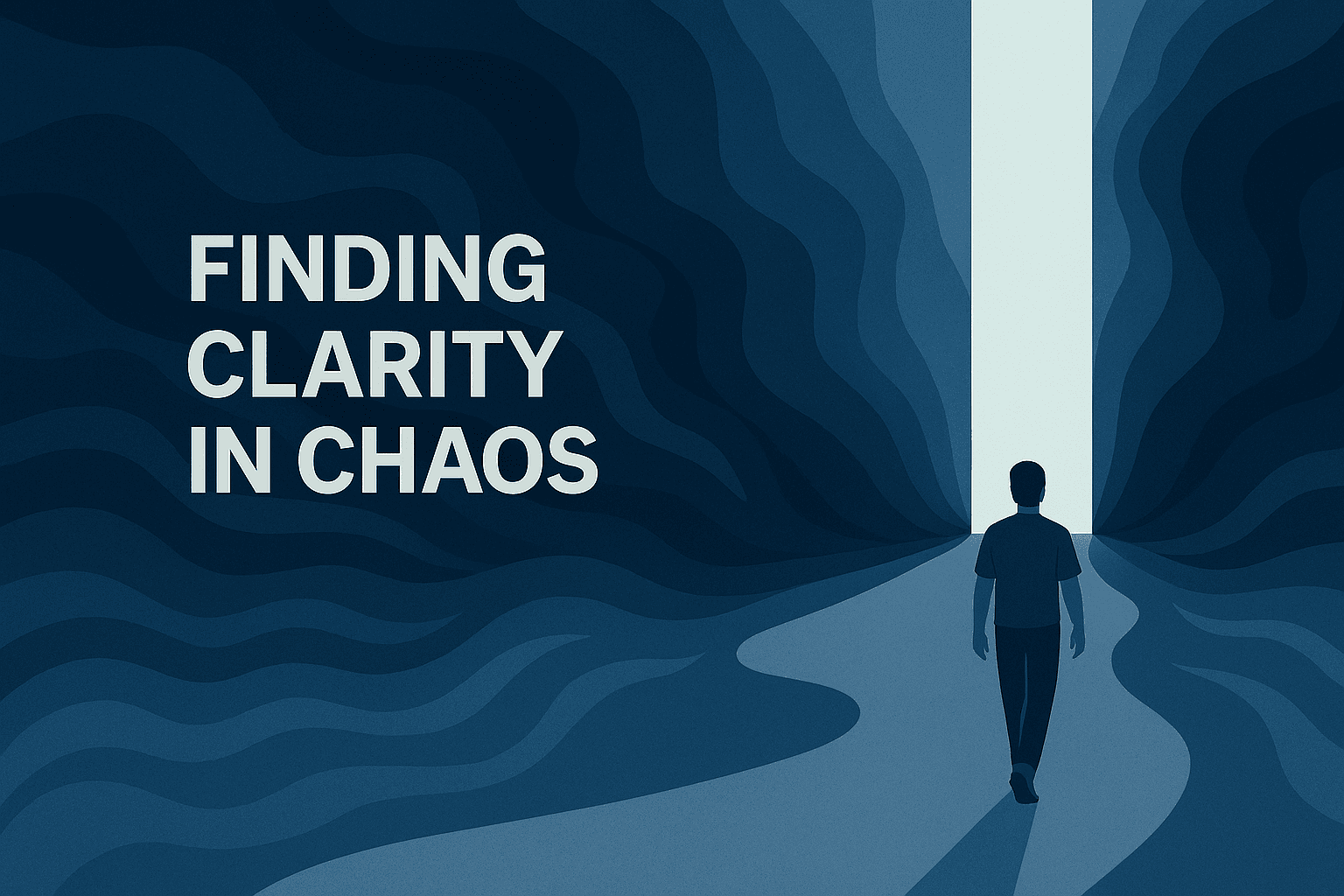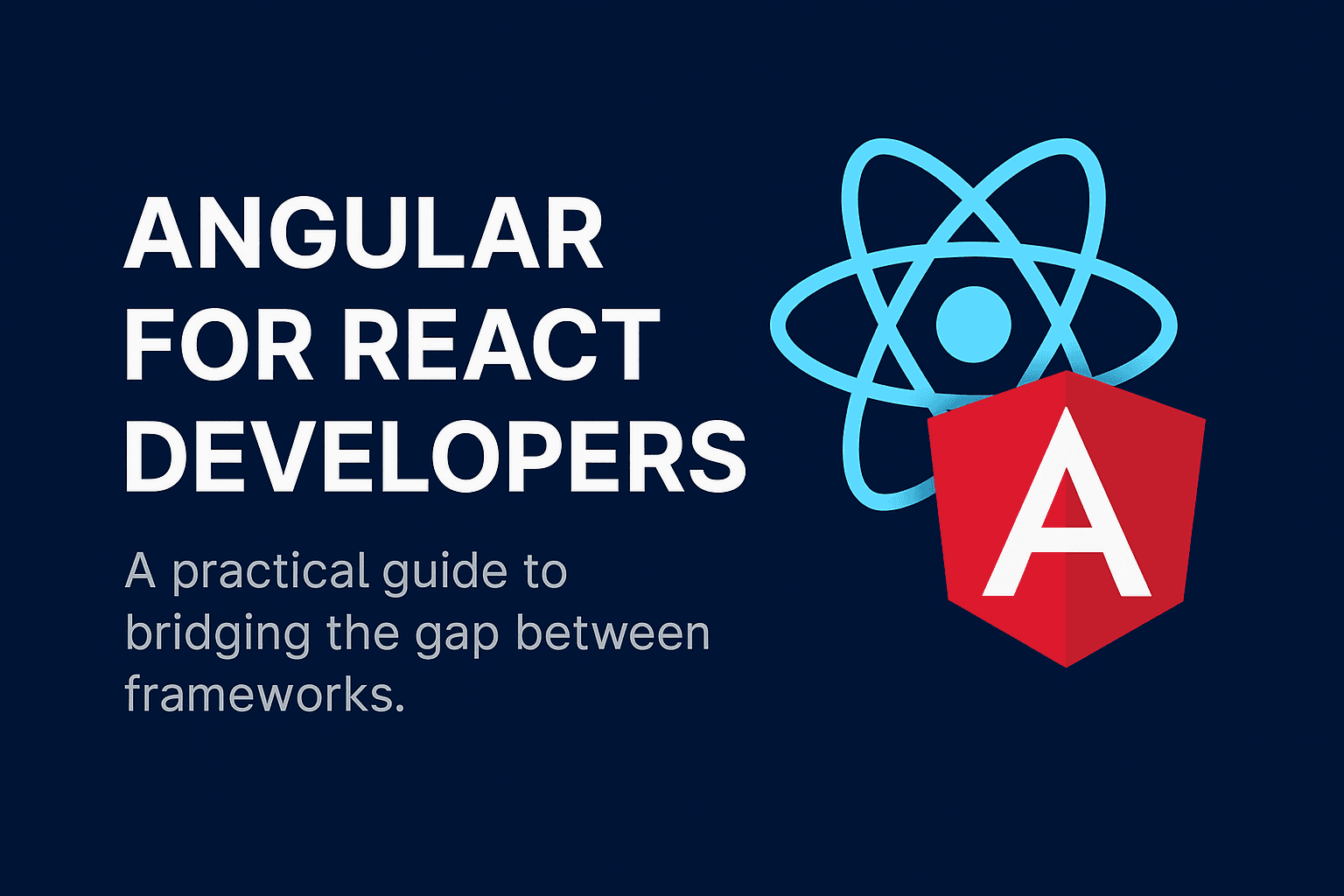There are books that entertain, and there are books that fundamentally shift your perspective with deceptively simple truths.
Who Moved My Cheese? by Spencer Johnson is the latter.
This short parable about four characters navigating a maze in search of cheese—a metaphor for whatever you're pursuing in life—has sold over 30 million copies for good reason. When I first read it, I dismissed it as simplistic. Revisiting it years later, I realized its profound wisdom about adaptability in our personal growth journeys.
Here's what it taught me about self-transformation and how you can apply these lessons to break through your own barriers.
🧀 The Comfort Trap: Why We Resist Personal Growth
In the story, Hem and Haw (the human characters) become complacent when they find cheese. They build their lives around it, assume it will always be there, and are devastated when it disappears.
I've fallen into this trap repeatedly:
- Sticking with comfortable habits long after they stopped serving me
- Resisting new wellness practices because "my routine works for me"
- Maintaining relationships that no longer challenged my growth
- Avoiding difficult conversations with myself about what needs to change
The hard truth? Comfort often blinds us to our own potential and keeps us stuck in outdated versions of ourselves.
What would you do if you weren't afraid?
This question from the book cuts to the heart of resistance. Fear—of failure, uncertainty, or simply confronting our own limitations—keeps us paralyzed in familiar patterns that feel safe but limit our growth.
Actionable Insight: Identify one area of personal development where you're resisting change despite knowing it would benefit you. What specific fear is holding you back? Name it to tame it.
🐭 The Mouse Mindset: Why Overthinking Kills Personal Evolution
Sniff and Scurry—the two mice—represent instinctive adaptability. When the cheese disappears, they don't waste time analyzing why or complaining about unfairness. They immediately begin searching for new opportunities.
Meanwhile, Hem and Haw waste precious time:
- Denying their reality has changed
- Feeling entitled to continued comfort
- Overanalyzing their situation
- Waiting for things to "go back to normal"
In our personal development journeys, this "mouse mindset" isn't just helpful—it's essential for transformation.
Practical Application: When facing a personal challenge:
- Acknowledge reality without judgment (2 minutes)
- Ask "What can I do now?" rather than "Why is this happening to me?" (5 minutes)
- Take one small action toward growth within 24 hours
📈 The Opportunity in Crisis: Finding Better Cheese
The book's most powerful insight isn't just that change happens—it's that change often leads to something better.
When Haw finally ventures beyond his comfort zone, he discovers new cheese—better and more abundant than before. The crisis became an opportunity, but only because he was willing to move.
In my experience:
- Being laid off pushed me to finally pursue entrepreneurship
- Losing a major client forced me to diversify my income streams
- A technical failure led to discovering a more efficient workflow
Framework for Finding Better Cheese:
- Regular exploration even during successful periods
- Building a "change muscle" through intentional discomfort
- Maintaining a network that exposes you to new opportunities
- Setting aside time weekly to question assumptions
🔍 Writing on the Wall: Creating Your Transformation Roadmap
One of the book's most practical tools is Haw's habit of "writing on the wall"—leaving reminders of lessons learned to guide future decisions.
I've developed my own system of "writings on the wall":
Monthly Self-Check:
- Where am I finding fulfillment now? (Current sources of meaning)
- What's changed about my needs and values? (Evolving priorities)
- Any signs my current approach isn't working? (Warning indicators)
- What new opportunities for growth are emerging? (Potential paths)
This practice has repeatedly helped me spot when I'm outgrowing my current circumstances:
- Recognizing diminishing returns from meditation techniques
- Noticing when certain relationships no longer energize me
- Identifying when my health routines need refreshing
🌱 Cultivating Personal Adaptability: Daily Practices
Adaptability isn't just a mindset—it's a skill developed through consistent practice. Since reading the book, I've built these habits:
Daily:
- Try one small thing outside my comfort zone
- Question one assumption about my limitations
- Practice saying "I'm still learning about this" when appropriate
Weekly:
- Experiment with one new wellbeing practice
- Connect with someone who challenges my thinking
- Review what's not working in my routines and adjust quickly
Monthly:
- Deliberately abandon something that's merely "comfortable" to make space for growth
- Seek feedback from someone who knows me well but won't just validate me
- Revisit personal values and adjust habits based on what truly matters now
💡 Beyond the Book: The Neuroscience of Personal Change
What makes Johnson's parable particularly powerful is how it aligns with what neuroscience teaches us about personal transformation:
- Our brains are wired to resist change (explaining why we stay in unhelpful patterns)
- Emotional responses often override logical analysis during transitions
- Creating new neural pathways requires repetition and positive reinforcement
- Storytelling helps us internalize lessons in a way logic alone cannot
Understanding these biological realities helps me be more compassionate with myself during periods of personal evolution.
🏆 Final Thoughts: The Freedom of Letting Go
"What would you do if you weren't afraid?"
This remains the most transformative question from the book. Fear keeps us stuck in outdated versions of ourselves, while courage—even small acts of courage—opens doors to new possibilities.
In a world that constantly challenges us to grow, the greatest personal advantage isn't specific knowledge or skills—it's the ability to let go of who you were yesterday and embrace who you're becoming today.
Whether you're navigating career transitions, relationship evolution, health changes, or spiritual growth, remember: Fulfillment belongs not to those who cling to comfort, but to those willing to adapt, explore, and keep moving with the cheese.
What version of yourself might be waiting just around the corner?




